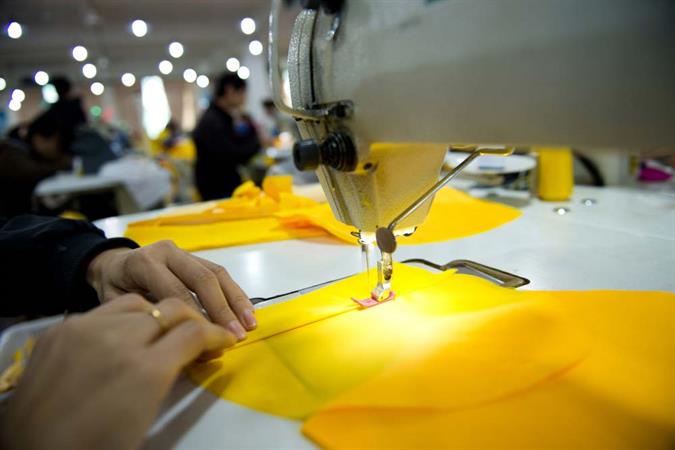Textile Exchange has launched the new revamped version of Material Change Index (MCI) 2020. With 170 companies participating, the Material Change Index (MCI) is the largest voluntary peer-to-peer comparison initiative in the textile industry. Textile Exchange is a global non-profit that creates leaders in the sustainable fibre and materials industry.
MCI tracks the apparel, footwear, and home textile sector’s progress toward more sustainable materials sourcing, as well as alignment with global efforts like the Sustainable Development Goals (SDGs) and the transition to a circular economy.Textile Exchange has launched the new revamped version of Material Change Index (MCI) 2020. With 170 companies participating, the Material Change Index (MCI) is the largest voluntary peer-to-peer comparison initiative in the textile industry. Textile Exchange is a global non-profit that creates leaders in the sustainable fibre and materials industry.#
The MCI is a key component of Textile Exchange’s Corporate Fiber & Materials Benchmark (CFMB) programme, which enables participating companies to measure, manage and integrate a preferred fibre and materials strategy into their business. By participating in the CFMB, companies demonstrate a commitment to transparency and continuous improvement around their materials sourcing strategy. In 2019, 85 per cent of participating companies had a commitment to converting at least one of their key material categories to 100 per cent more sustainable. Additionally, 38 per cent of materials used by participating companies were from more sustainable sources, according to Textile Exchange.
The MCI family of indices tracks progress across various categories that include cotton, polyester, nylon, manmade cellulosics, down, wool, material circularity, and the SDGs. Companies that complete the full CFMB survey are eligible to be recognised on the overall MCI Leaderboard.
The MCI methodology was updated in 2019 to provide a more holistic picture of company progress toward more sustainable materials sourcing. The programme and processes were independently assessed by BSD Consulting using the ISEAL benchmarking guidelines and Global Reporting Initiative (GRI) principles.
Digital scorecards replaced PDF feedback reports. Participating companies receive confidential scorecards, which are now in interactive digital format. Scorecards provide simple and highly visual snapshots of company performance and comparative progress.
To encourage continued upward progress, Textile Exchange has partnered with GreenBiz to publish the results and a series of articles educating textile industry professionals on how to improve their materials sourcing strategy for key materials, as well as cross-cutting topics like strategy integration, circularity, and SDG alignment.
The MCI is published in partnership with the Partnership for Sustainable Textiles and WRAP UK, with GreenBiz as its lead media partner. Funding support was generously provided by C&A and Tchibo. The MCI is also affiliated with the World Benchmarking Alliance and Textile Exchange is a supporting organisation to the Fashion Industry Charter for Climate Action.
Fibre2Fashion News Desk (GK)
